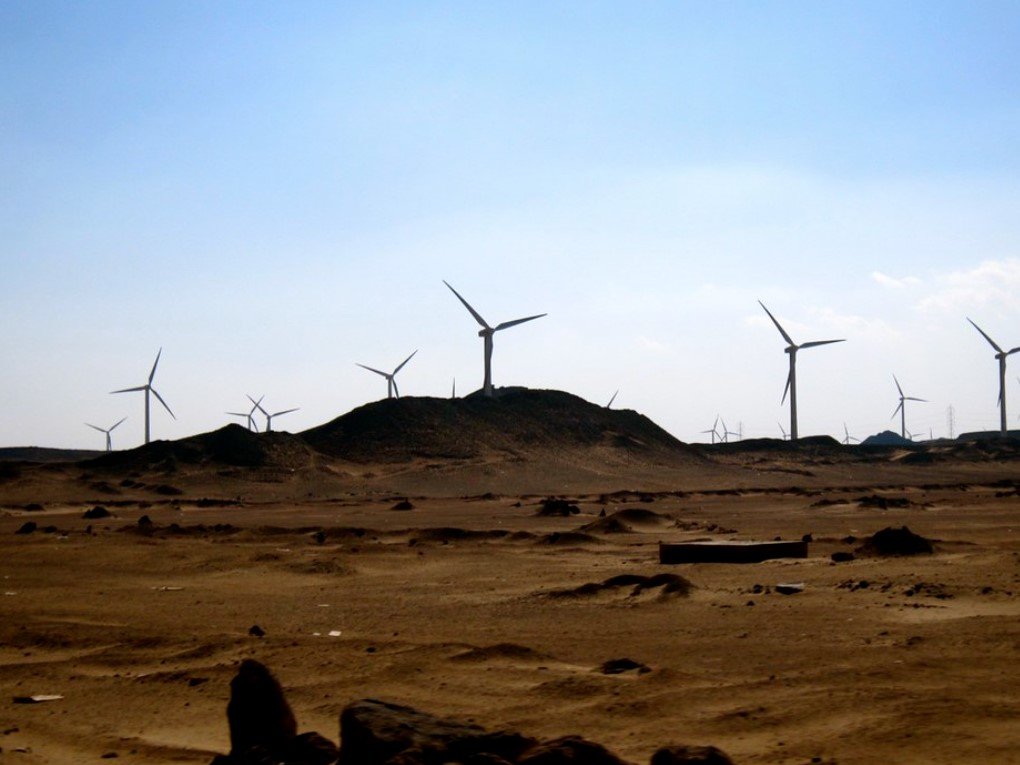Egypt has taken significant strides in expanding its oil and gas cooperation by signing four memorandums of understanding (MoUs) with international companies. Announced by Minister of Petroleum and Mineral Resources Karim Badawi on October 21 at the Mediterranean Offshore Conference (MOC) in Alexandria, these agreements are poised to enhance various aspects of Egypt’s energy sector. The MOC, running from October 20 to 22, serves as a key platform for discussing regional energy activities and tapping into the Mediterranean’s vast energy potential.
Key Agreements Enhance Energy Cooperation
During the MOC, Egypt formalized four major agreements aimed at improving operational safety, energy efficiency, decarbonization, and the transportation of natural gas and hydrogen. These MoUs reflect Egypt’s commitment to fostering international partnerships and advancing its energy infrastructure.

Carbon Capture and Storage Collaboration
One of the standout agreements was between the Egyptian Natural Gas Holding Company (EGAS) and Greece’s DESFA. This partnership focuses on studying carbon capture and storage (CCS) technologies, which involve collecting carbon dioxide from industrial sites before it enters the atmosphere. The collaboration includes:
- Exchange of Technical Expertise: Sharing knowledge and best practices in CCS technologies.
- Joint Investment Opportunities: Exploring financial ventures to develop and implement CCS projects.
Yassin Ahmed, Executive Managing Director of EGAS, and Maria Rita, CEO of DESFA, signed the agreement, highlighting the potential for joint investments to reinforce Egypt’s position as a regional energy trade hub.
Expanding Gas and Hydrogen Transportation
Another significant MoU was signed between the Egyptian Natural Gas Company (GASCO) and DESFA. This agreement aims to enhance collaboration in the transportation of natural gas and hydrogen, as well as in carbon capture and storage. Key objectives include:
- Improved Transportation Infrastructure: Developing efficient systems for moving natural gas and hydrogen.
- Enhanced CCS Implementation: Strengthening efforts to capture and store carbon emissions.
Additionally, GASCO entered into a cooperation agreement with BakerRisk, an American company, to boost operational safety, energy efficiency, and carbon reduction. This partnership focuses on sharing knowledge and expertise to achieve sustainable energy practices.
Strengthening Training and Safety Practices
The fourth MoU was between the Egyptian General Petroleum Corporation (EGPC) and Shell. This agreement is centered on developing comprehensive training programs for leaders in health, safety, and environmental practices. The collaboration aims to:
- Enhance Leadership Skills: Training leaders to manage health and safety effectively.
- Promote Environmental Sustainability: Implementing best practices to minimize environmental impact.
Karim Badawi emphasized that these training programs are crucial for maintaining high standards in operational safety and environmental stewardship within Egypt’s energy sector.
Impact on Egypt’s Energy Sector and Vision 2030
These four MoUs are set to play a pivotal role in Egypt’s energy strategy, aligning with the country’s Vision 2030 objectives. The agreements are expected to bring numerous benefits, including:
| Aspect | Details |
|---|---|
| Operational Safety | Improved safety protocols and practices across energy operations. |
| Energy Efficiency | Enhanced efficiency in energy production and transportation. |
| Decarbonization | Significant strides in reducing carbon emissions through CCS technologies. |
| Natural Gas and Hydrogen | Advanced infrastructure for the transportation and storage of natural gas and hydrogen. |
| Training and Leadership | Development of skilled leaders in health, safety, and environmental practices. |
These initiatives not only strengthen Egypt’s energy sector but also contribute to global efforts in sustainable energy development. By fostering international cooperation, Egypt is positioning itself as a key player in the global energy market, capable of meeting both domestic and international energy demands while adhering to environmental standards.
The agreements signed at the MOC highlight Egypt’s proactive approach in addressing the challenges of the modern energy landscape. As the country continues to expand its energy infrastructure, these strategic partnerships will be instrumental in achieving long-term sustainability and economic growth.
